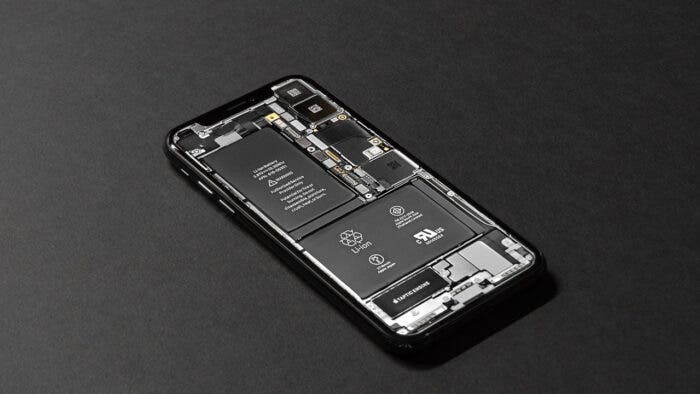Have you ever felt the frustration of a smartphone dying mid-day, or a laptop shutting down unexpectedly? It’s a common problem, and it’s often caused by battery degradation. While it’s normal for batteries to decline over time, there are several habits that can accelerate this process. Understanding these pitfalls is crucial to extending your device’s lifespan. Let’s dive in and discover the common mistakes that are silently draining your battery’s power.
Some Common Mistakes That Lead to Quick Battery Degradation
So, there are a couple of things that many of us do that lead to quick battery degradation. For example:
Exposing Your Device to Extreme Temperatures
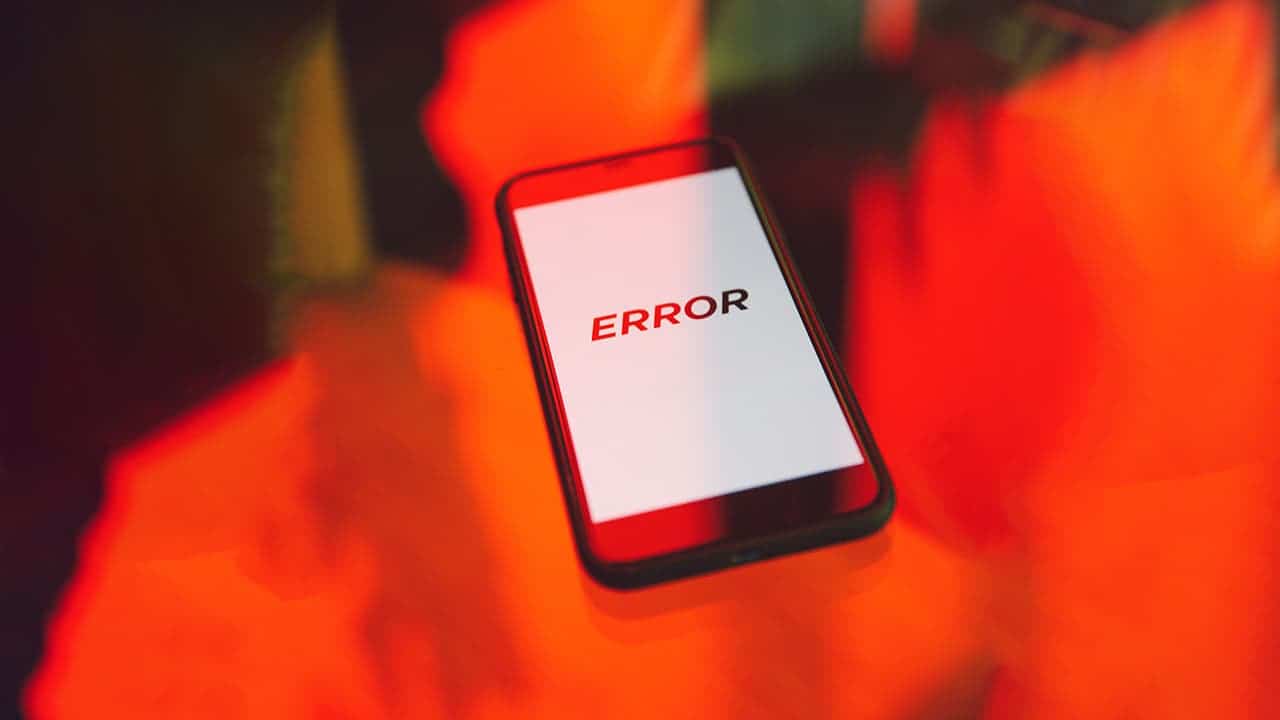
Extreme temperatures are public enemy number one for lithium-ion batteries. They thrive in a cozy range between 32 and 95 degrees Fahrenheit. Beyond those limits, you’re putting your battery at risk. Overheating can be especially dangerous, as it can lead to battery failure or even worse, a burst.
Imagine leaving your phone in a scorching hot car. That’s a recipe for disaster. Your phone will likely shut down to protect itself, and you won’t be able to charge it until it cools down. This is because charging generates heat, and an already warm battery is a fire hazard.
To keep your devices happy, avoid exposing them to extreme temperatures. When you’re in a hot or cold environment, consider storing them in an insulated case or bag. This will help maintain a more stable temperature and protect your battery’s health.
Leaving Bluetooth and Wi-Fi Turned on All the Time Drains Battery
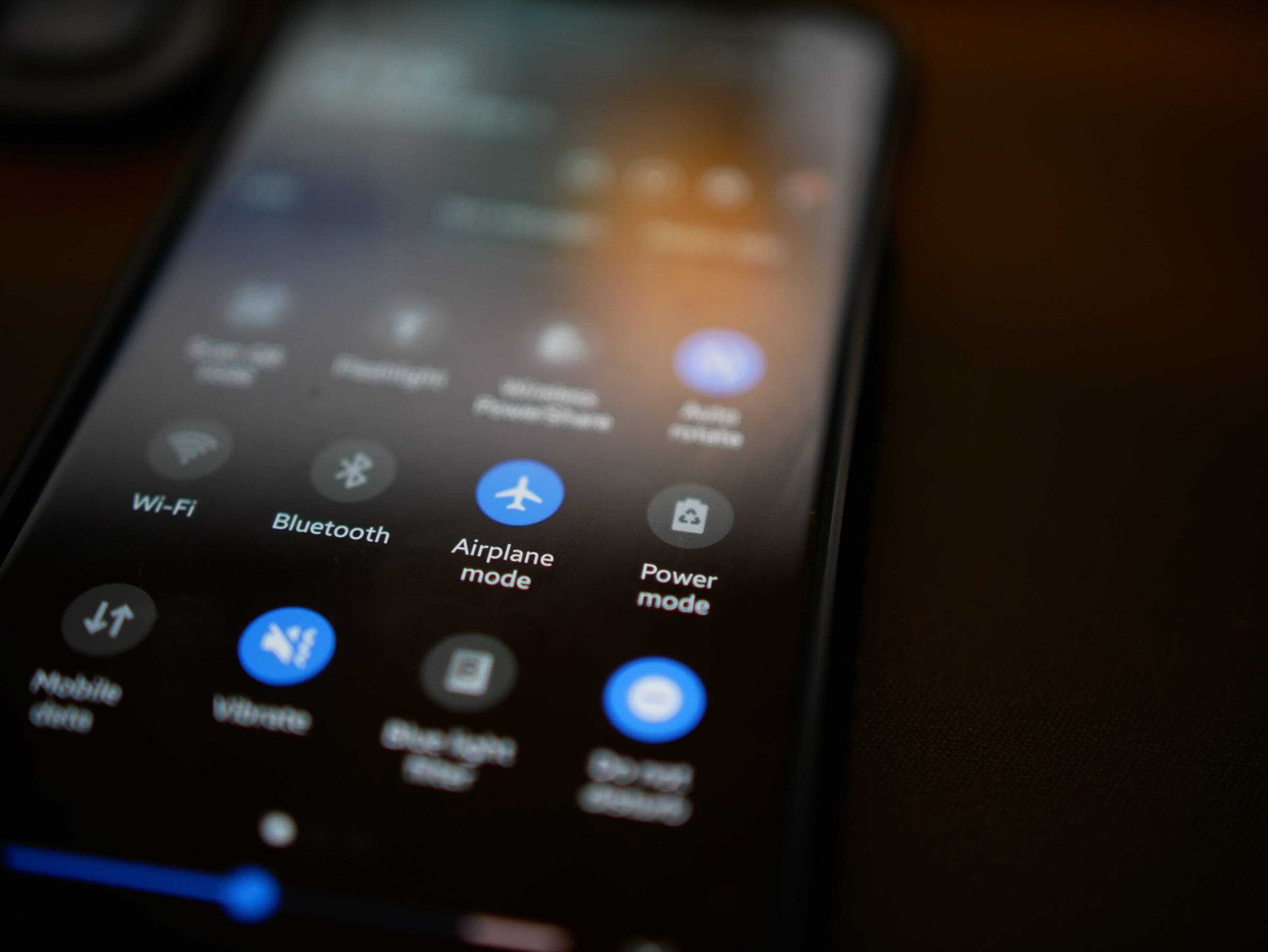
While wireless connections like Wi-Fi, Bluetooth, and GPS bring incredible convenience, they also come with a battery cost.
Wi-Fi is a double-edged sword. It’s generally more energy-efficient than cellular data, especially in areas with strong signals.
However, if you’re in a spotty Wi-Fi zone, constantly searching for a connection can actually drain your battery faster. So, use Wi-Fi when it’s strong, but switch to cellular data when needed.
Bluetooth and GPS are notorious battery hogs. While they don’t significantly impact long-term battery health, they can quickly deplete your battery during active use. It’s a good practice to turn off Bluetooth when not in use and to disable GPS when you don’t need location services.
Stop Overcharging the Battery
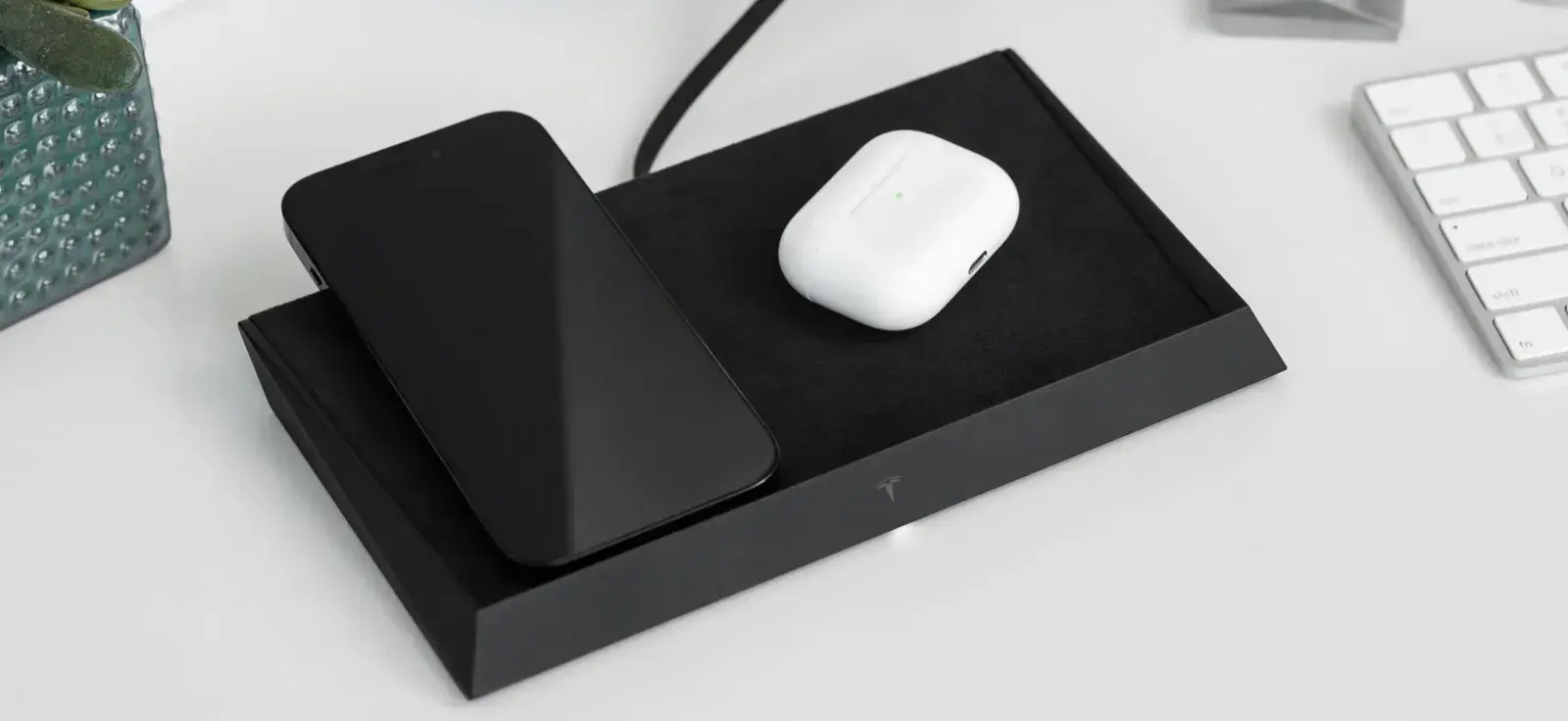
You might have heard that leaving your device plugged in all the time is bad for the battery. While this was true for older battery technologies, it’s less of a concern for modern lithium-ion batteries.
Most smartphones, tablets, and laptops now have smart charging features that prevent overcharging. Once your device is fully charged, the charging current is reduced to a trickle to maintain the battery level without damaging it.
However, if you’re unsure whether your device has this feature, it’s best to avoid leaving it plugged in constantly. Occasional overcharging won’t harm your battery significantly, but it’s a good habit to unplug your device once it’s fully charged.
Don’t Let the Battery Drain to 0% Too Often
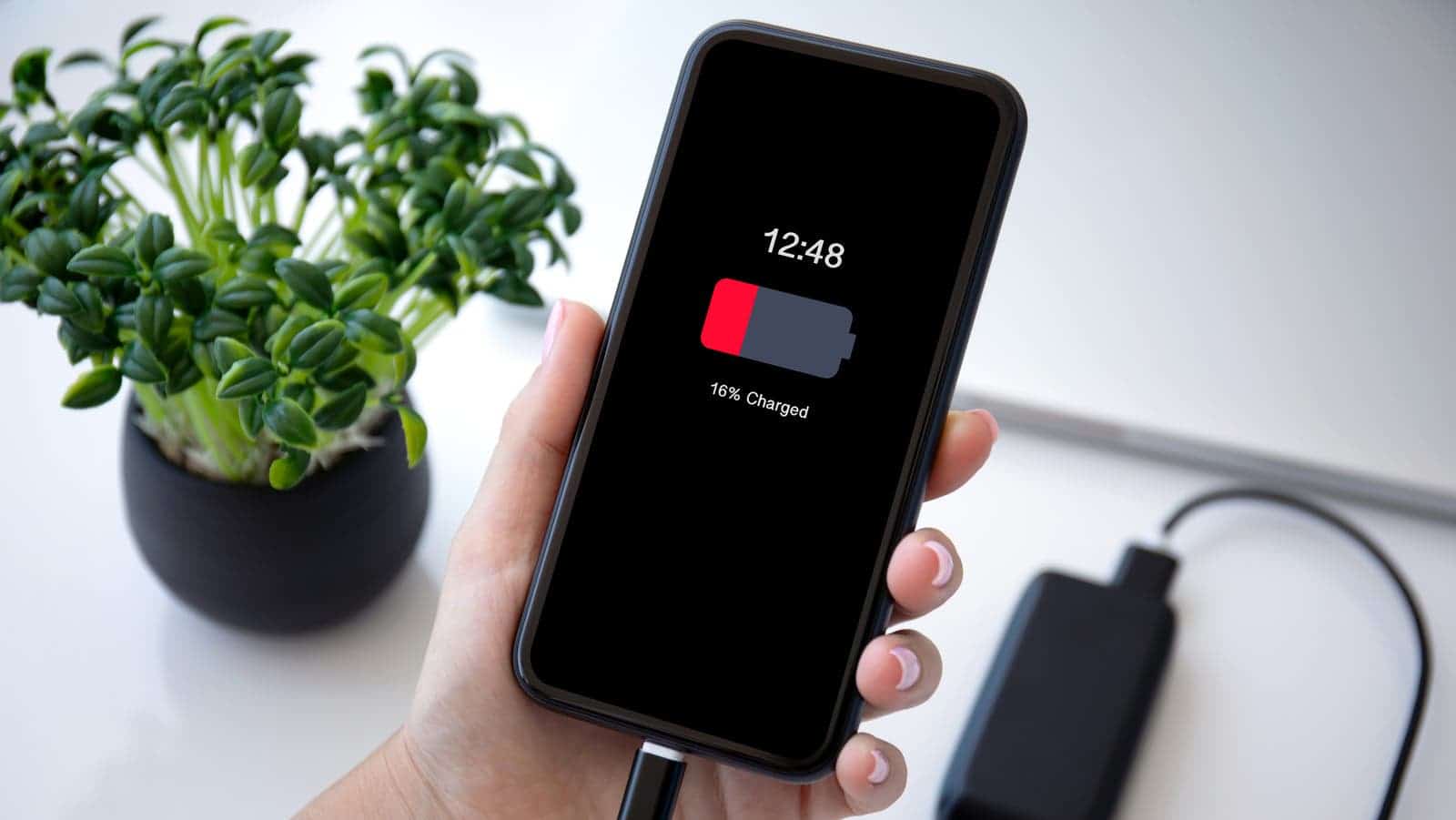
Contrary to popular belief, letting your battery completely drain before recharging is no longer beneficial for modern lithium-ion batteries. In fact, it can accelerate battery degradation.
The sweet spot for charging is between 15% and 20% battery remaining. This helps to maintain optimal battery health. On the other hand, consistently draining your battery to zero can shorten its lifespan.
Remember, technology is constantly evolving, and what was true for older battery types might not apply to today’s devices.
Stop Leaving the Device Plugged In All Day
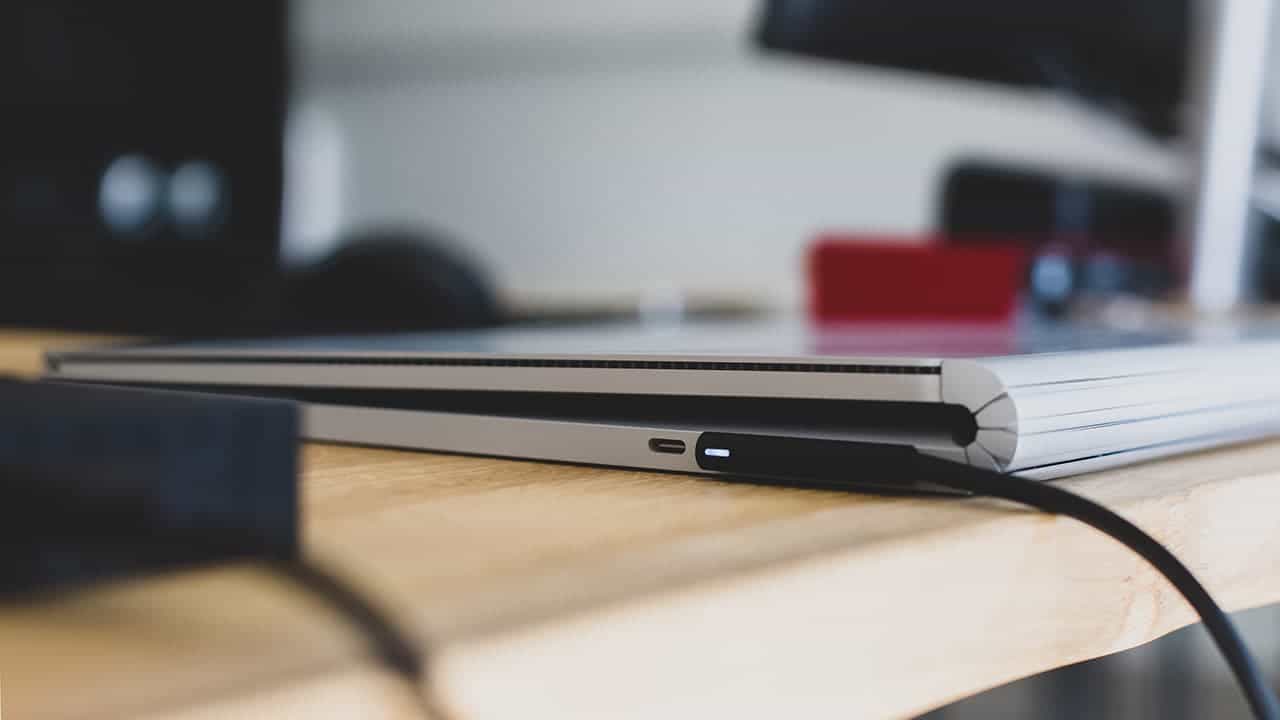
Leaving your device plugged in all day, every day is a quick way to shorten its battery lifespan. Imagine a laptop that needs to be constantly plugged in – defeats the purpose of portability, right?
While modern devices have improved battery management, it’s still best to avoid keeping your battery at 100% for extended periods. Aim to keep your battery’s charge level between 20% and 80% for optimal longevity. This means avoiding those overnight charging sessions and letting your battery drain a bit during the day.
Remember, a little battery care goes a long way. By following these tips, you can significantly extend the life of your device’s battery.
Don’t Let the Battery Deep Discharge

Just as overcharging can harm your battery, so can leaving it completely drained for an extended period. This can put your battery into a state called “deep discharge,” which significantly reduces its capacity.
Even if you’re not using a device frequently, it’s essential to give it a little charge every few months. This simple step can help prevent deep discharge and prolong your battery’s lifespan.
Use Good Chargers to Recharge the Device’s Battery
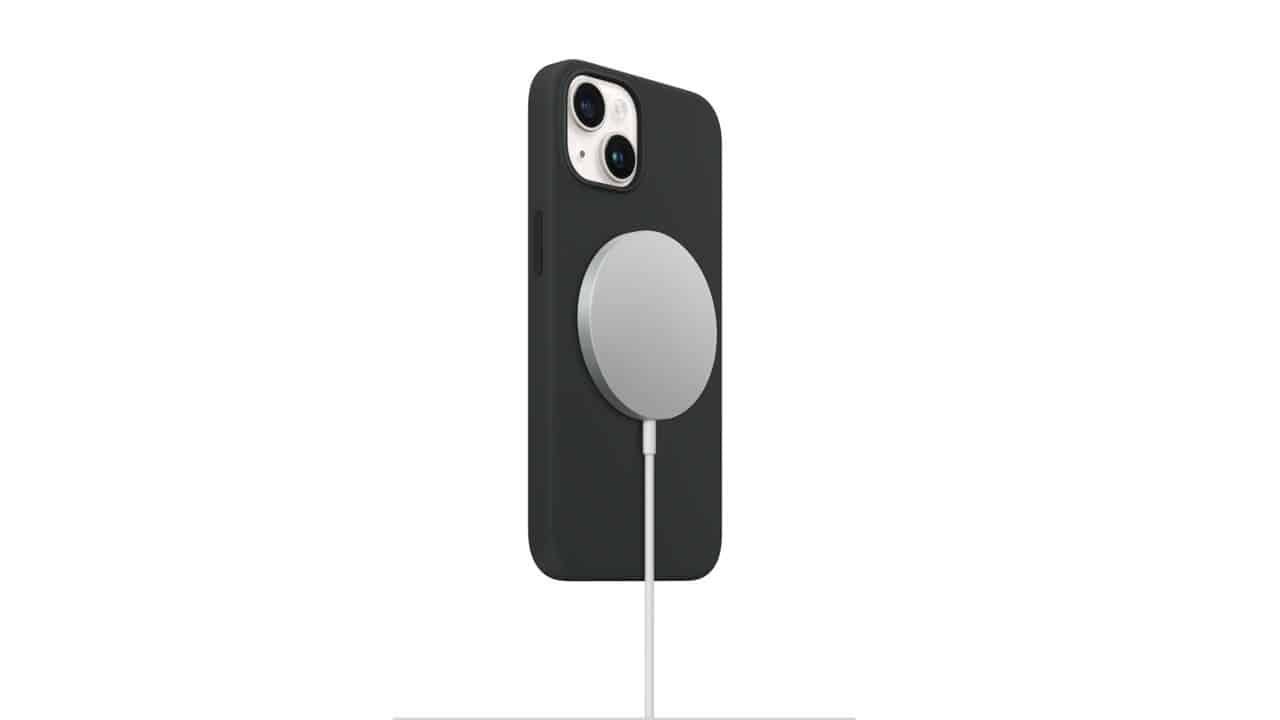
The charger you use can significantly impact your device’s battery health and charging speed. While it might be tempting to opt for the cheapest option, investing in a quality charger is crucial.
Look for chargers that meet USB-C standards and offer Power Delivery (PD) compatibility. A higher-wattage charger is generally better, especially for laptops. Consider a 30W charger for smartphones, 60W or higher for laptops, and 15W to 60W for tablets.
Additionally, prioritize GaN-compatible chargers. This technology enhances safety by protecting your devices from power surges and overcharging. Remember, a reliable charger is an investment in your device’s longevity.

